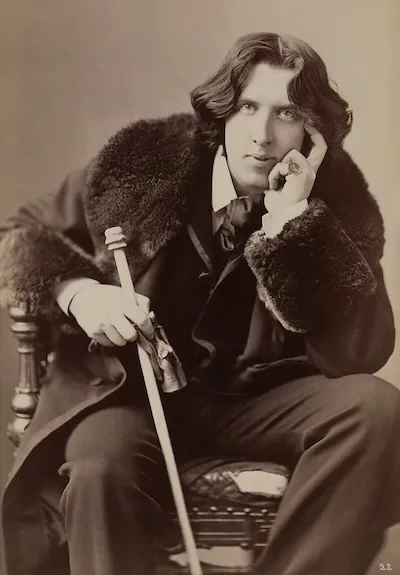
Home | Anecdotes | Articles | Digital Vault | Icebreakers | Programs | Quotations | Shop | Dashboard | Log in | Sign up
Quote for the Week
This week's quote is about examinations
Image created by Bing
"In examinations, the foolish ask questions that the wise cannot answer."
- Oscar Wilde (1854-1900)
Members have access to the Learning Pages collection of over 500 quotations.
Check out today's Quote for the Day.
Oscar Wilde

Become a member to access to our complete collection of over 500 quotations
About Learning Pages | Support us